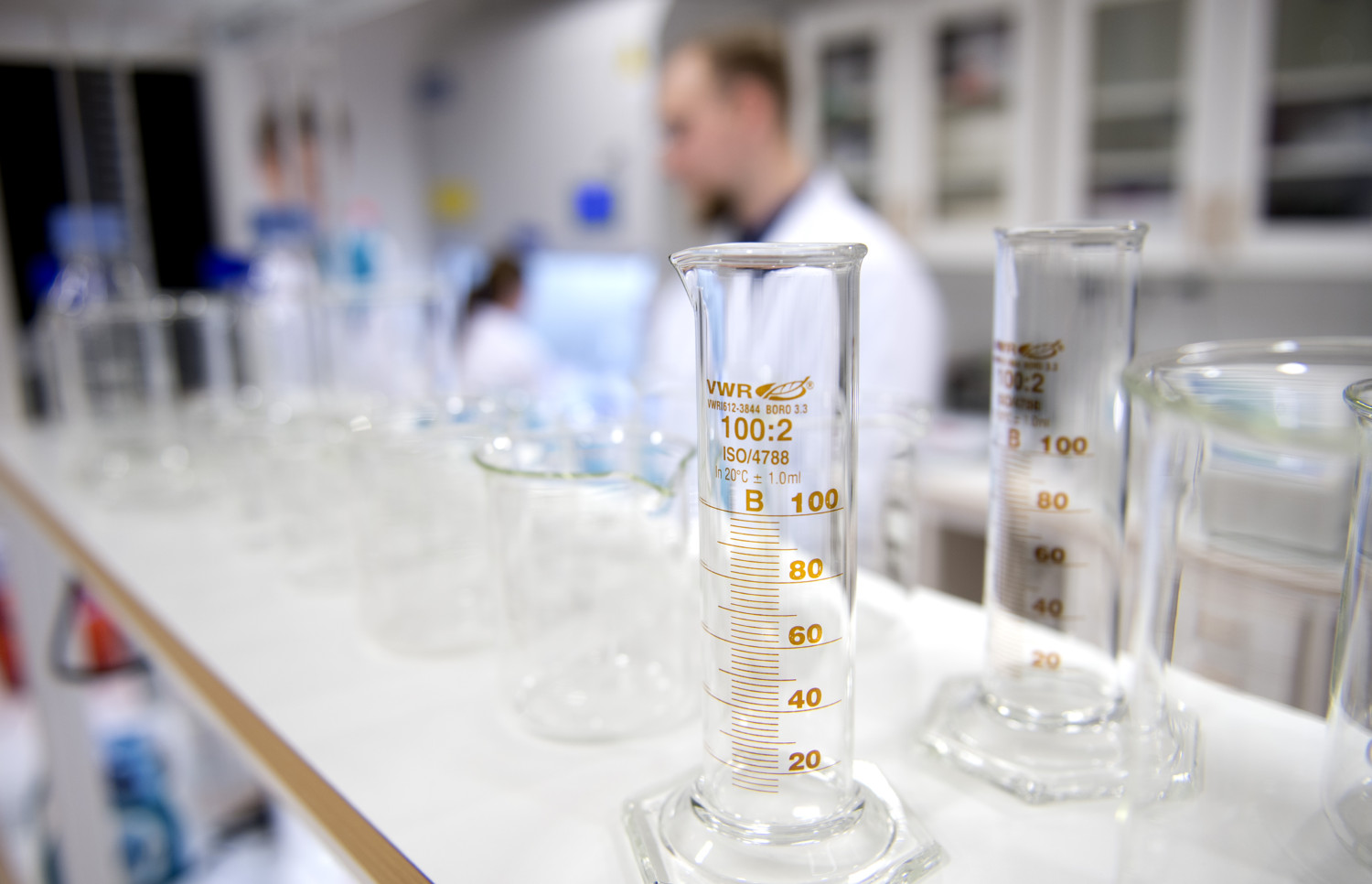Oncology
The VLVbio K18 assays in the Oncology field
Find more information about your area of interest below

M30 Apoptosense® ELISA M65® ELISA M65 EpiDeath® ELISA M30 CytoDeath™ ELISA M65 EpiRat™ ELISA M30 Apoptosense® ELISA M65® ELISA M65 EpiDeath® ELISA M30 CytoDeath™ ELISA M65 EpiRat™ ELISA M30 Apoptosense® ELISA M65® ELISA M65 EpiDeath® ELISA M30 CytoDeath™ ELISA M65 EpiRat™ ELISA M30 Apoptosense® ELISA M65® ELISA M65 EpiDeath® ELISA M30 CytoDeath™ ELISA M65 EpiRat™ ELISA M30 Apoptosense® ELISA M65® ELISA M65 EpiDeath® ELISA M30 CytoDeath™ ELISA M65 EpiRat™ ELISA
Areas in Oncology
The VLVbio K18 assays in Drug Discovery
In the early phases of the discovery of new anticancer compounds, studying the efficacy of the compounds on two-dimensional (2D) or three-dimensional (3D) cell cultures are cost-effective and commonly used methods.
The VLVbio K18 assays in Drug Development
Human tumour xenografts are widely used as pre-clinical models for anticancer drug efficacy in humans. The M30 Apoptosense® ELISA and the M65® ELISA are human specific and thus only measure tumour cell death and not rodent liver toxicity in xenograft models, making them ideal tools for studies on pharmacodynamics and pharmacokinetics.
The VLVbio K18 assays in Clinical Trials
In clinical trials, candidate drugs are administered to patients to investigate whether the drug induces cell death in tumours with sufficient efficacy. During this stage of anticancer drug development the M30 Apoptosense® ELISA and the M65® ELISA can be used to follow the time course and efficacy of the administred drugs and to investigate the cell death mechanism, i.e. whether the tumour cells die due to apoptosis or necrosis.
The VLVbio K18 assays in Clinical Research
By using the M30 Apoptosense® ELISA and the M65® ELISA, the efficacy of therapy can be demonstrated during the course of treatment. In contrast to other techniques or biomakers, which monitor tumour size and thus change slowly over the time-course of treatment, the rate of cell death is an immediate response of successful therapy indicated within hours or days from induction.
